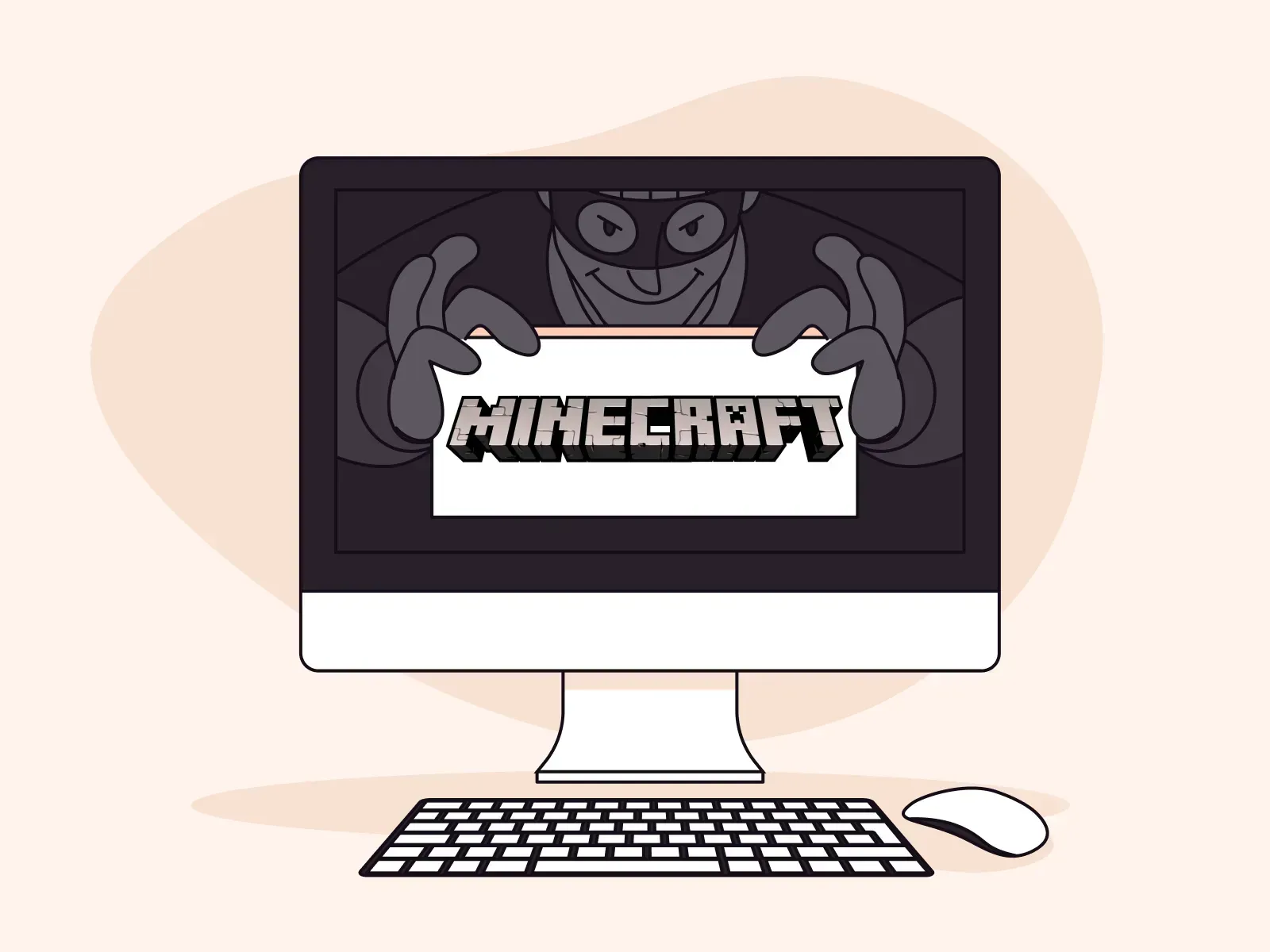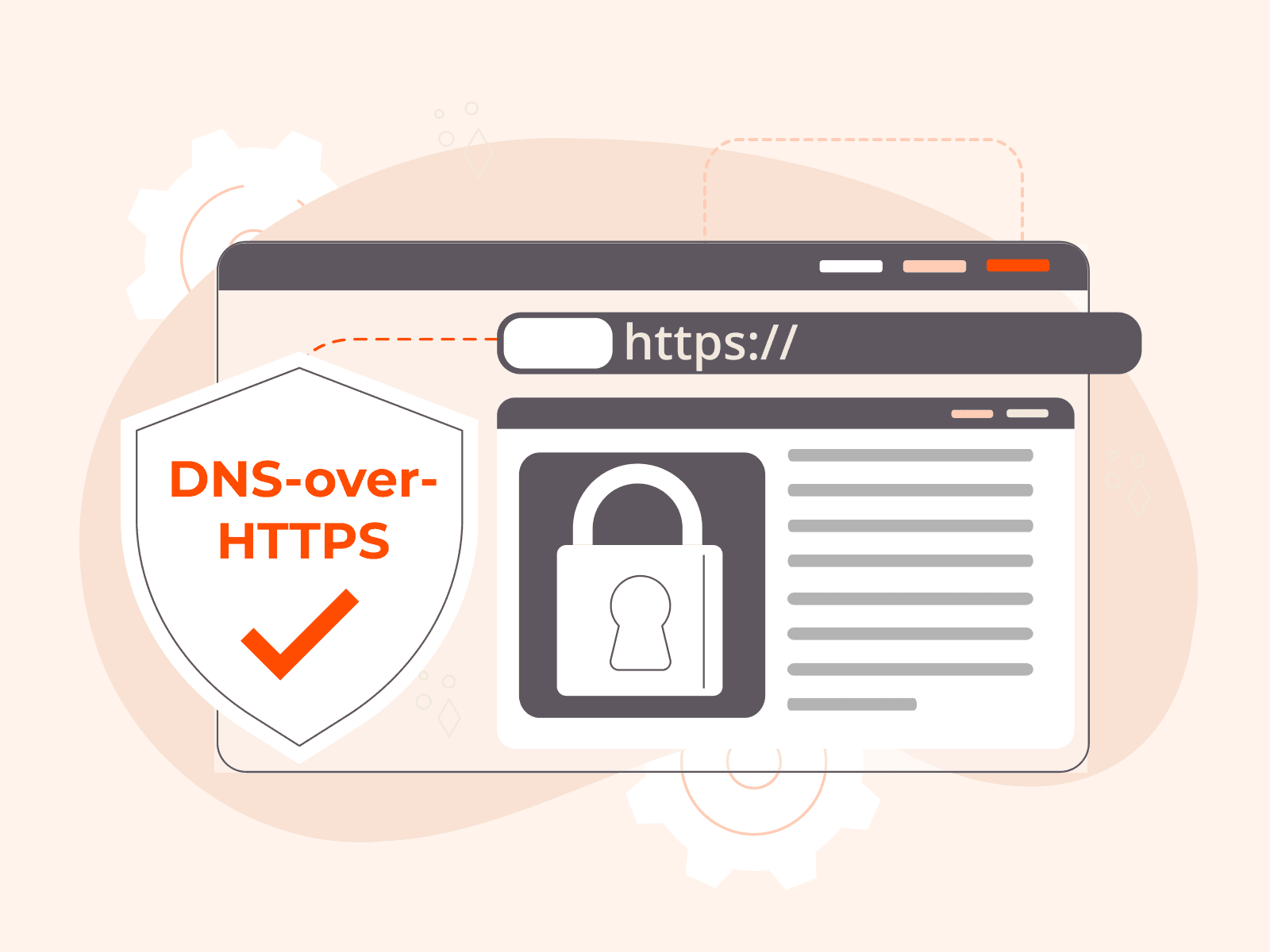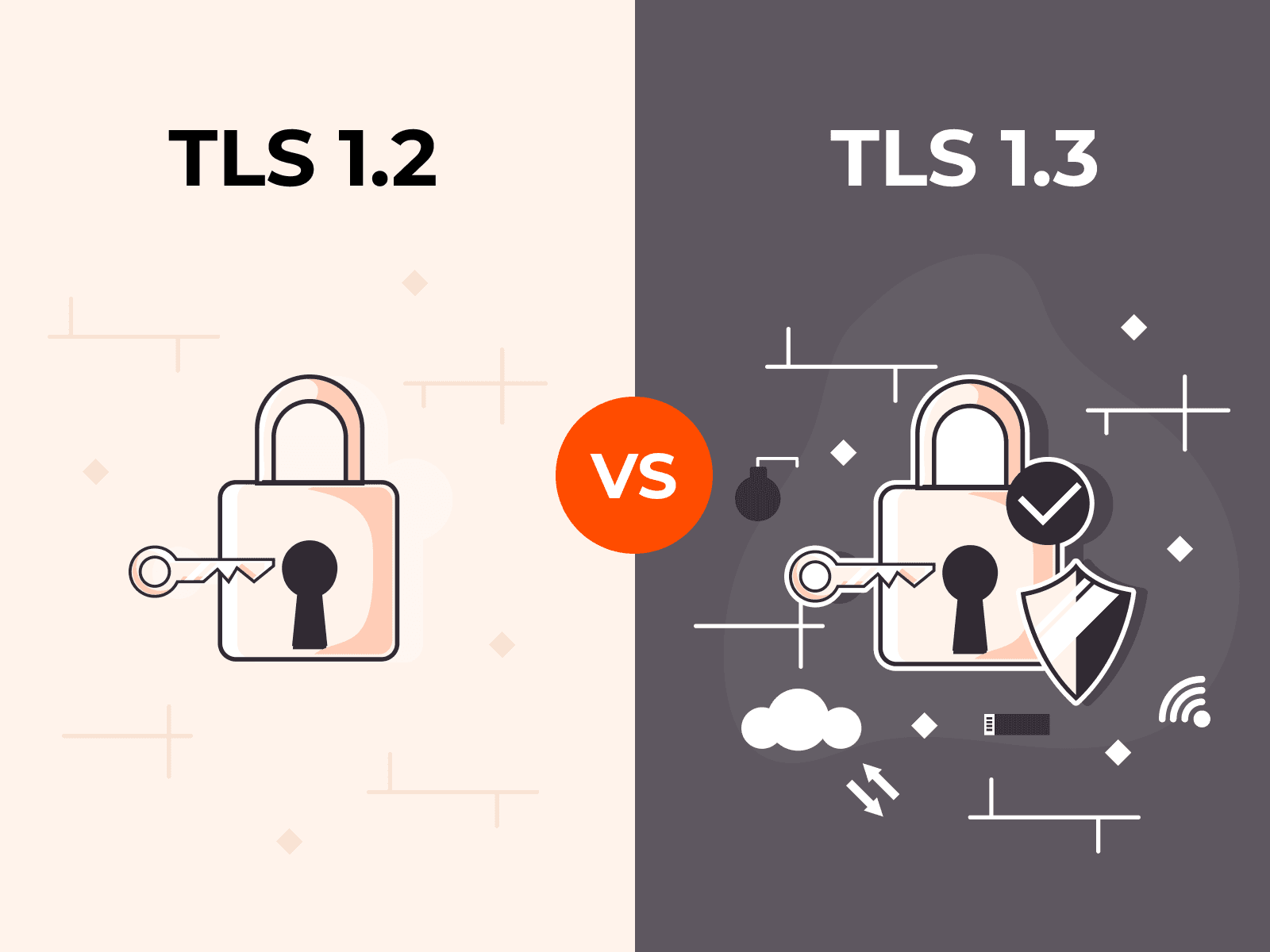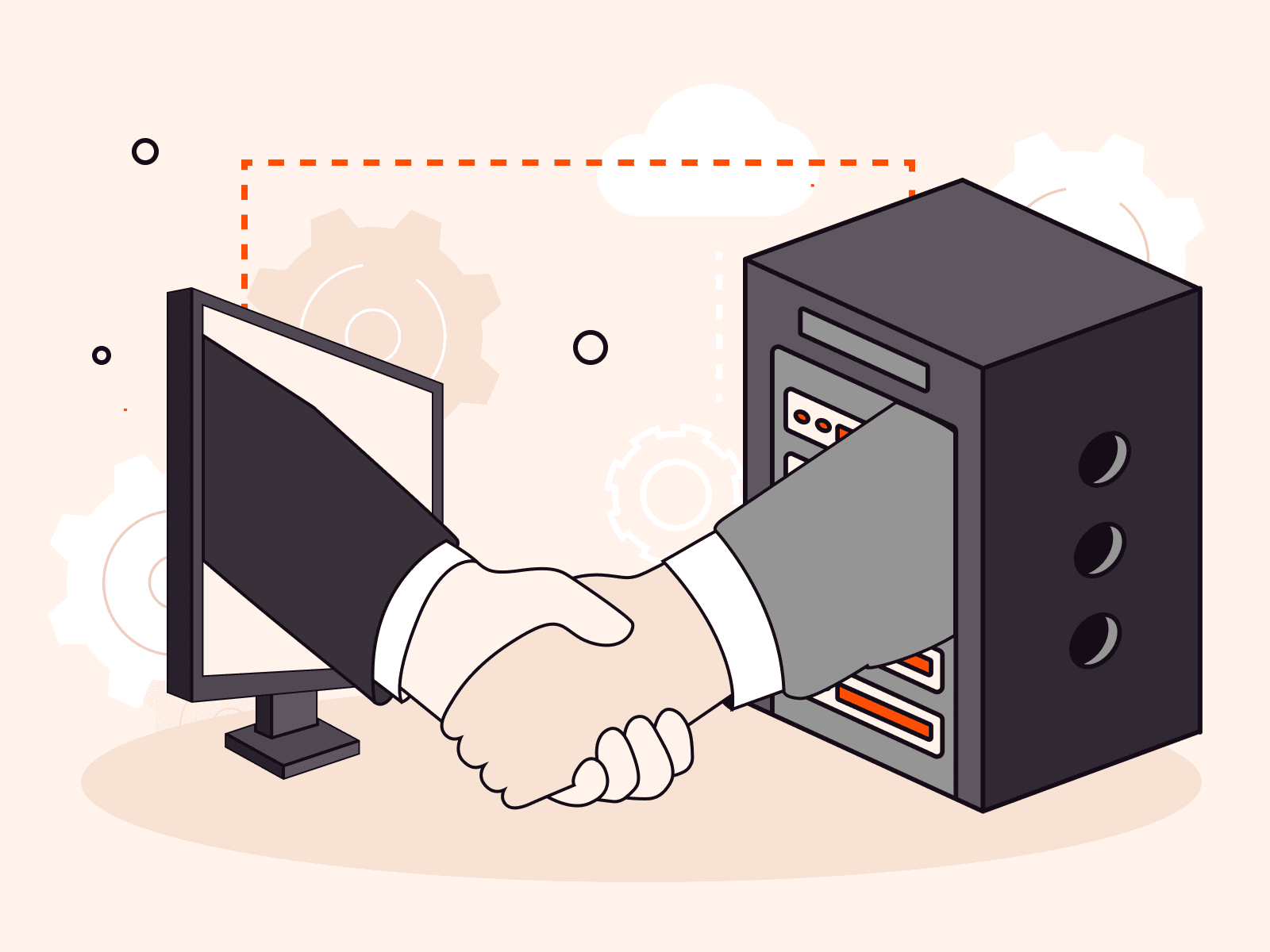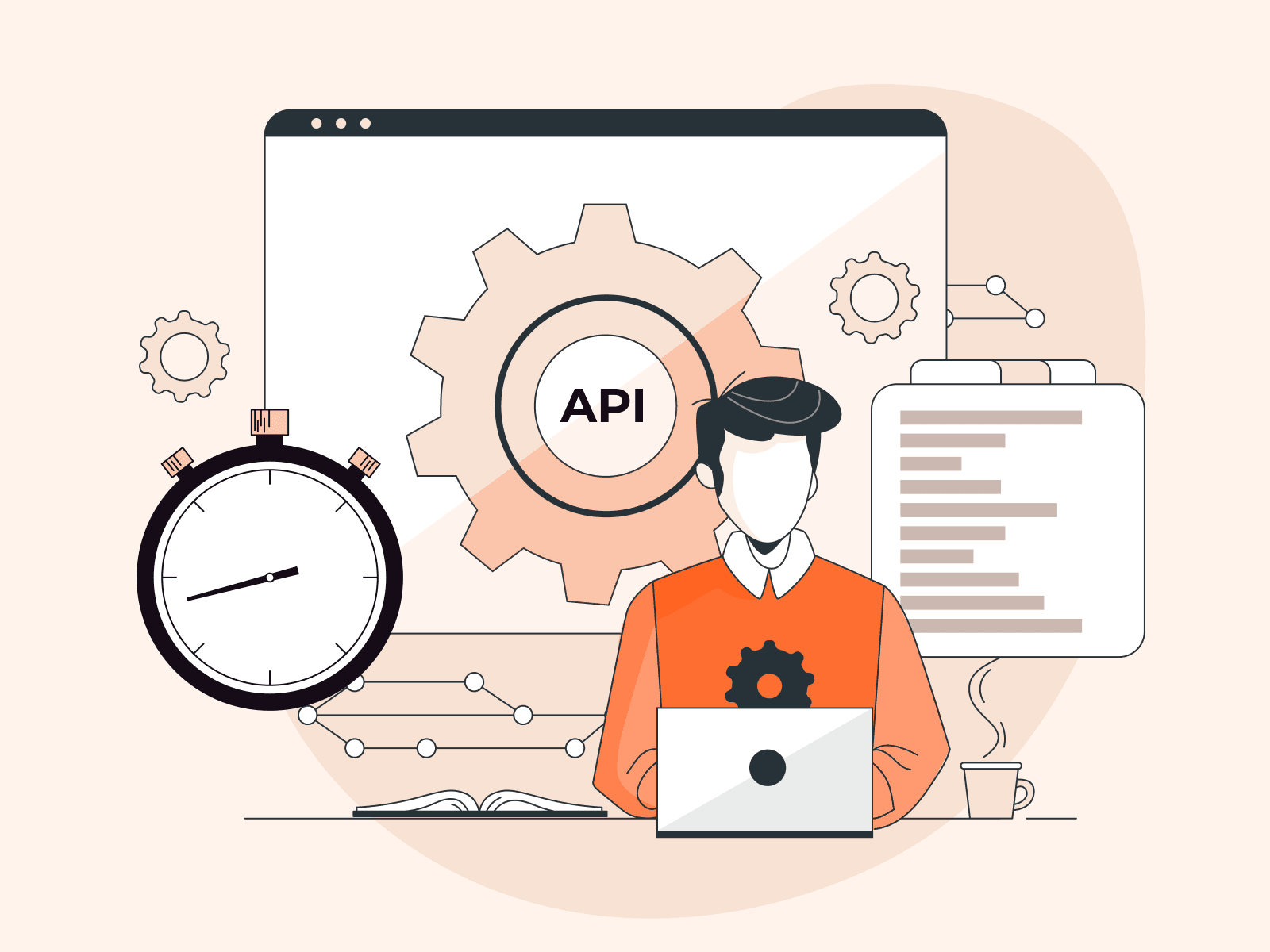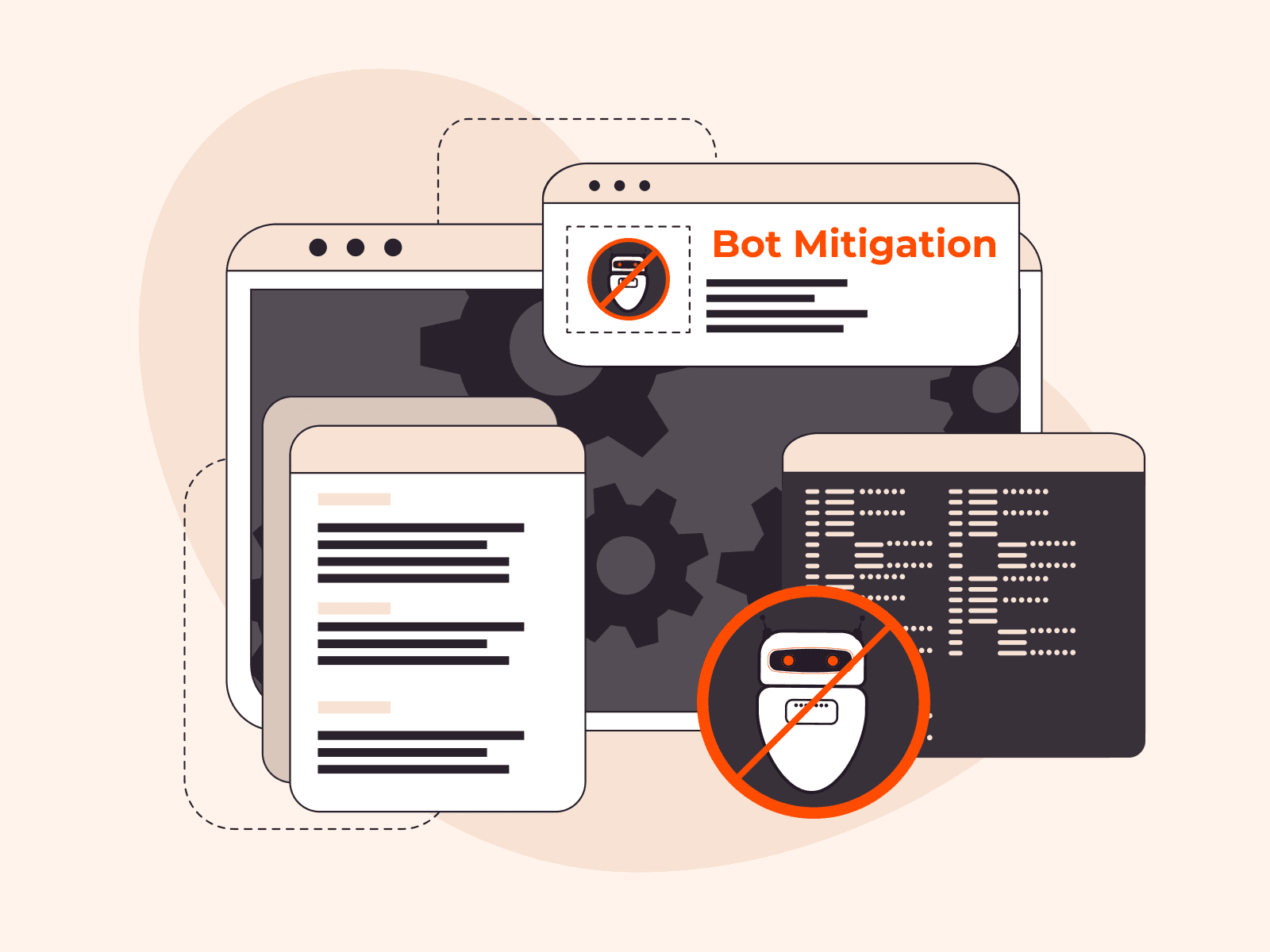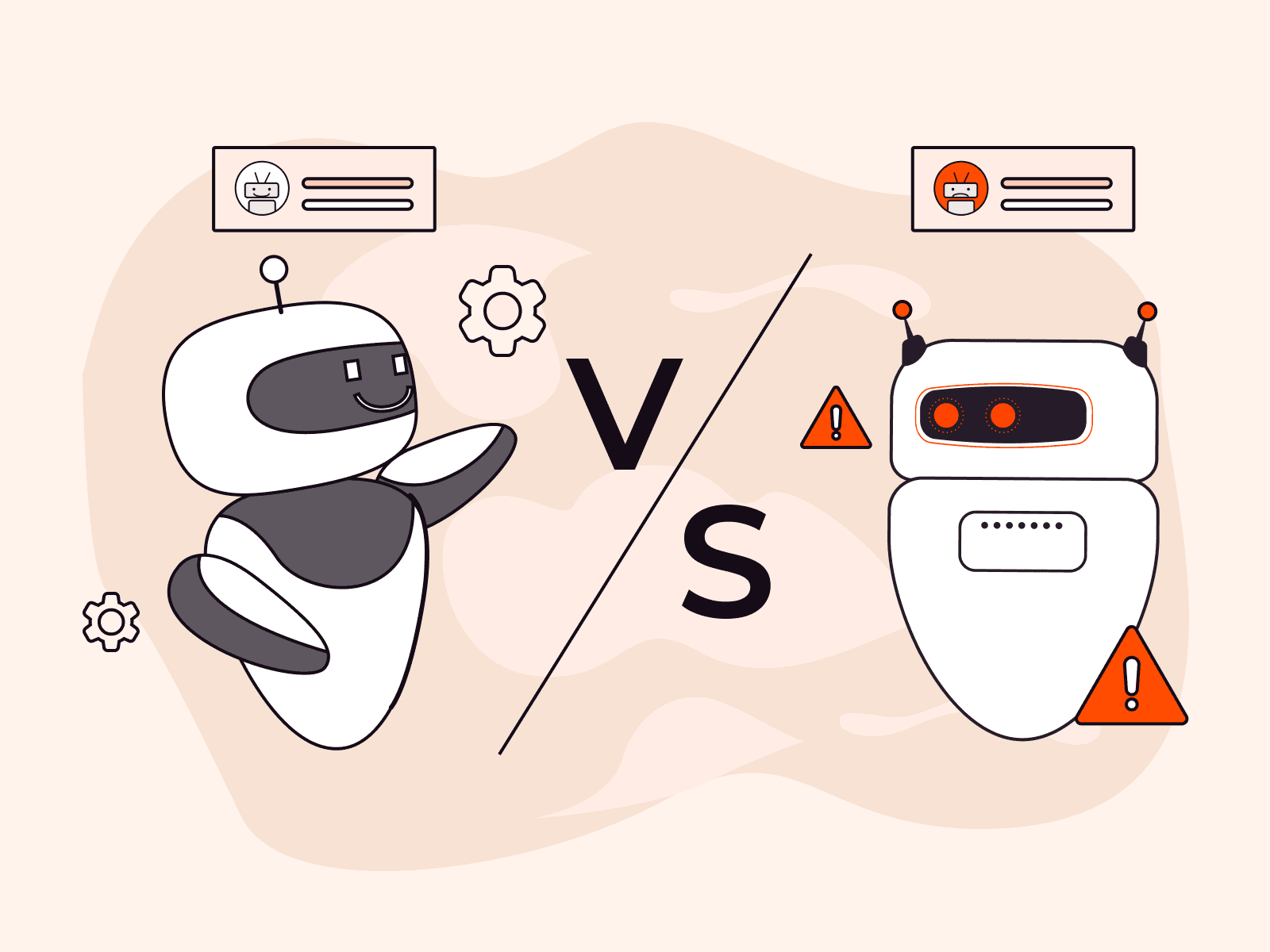One of the most played video games in the world, Minecraft, relies on servers that are frequently a target of distributed denial-of-service (DDoS) attacks. But why would malicious actors target Minecraft servers? In this article, we’ll look at why these servers are so prone to DDoS attacks and uncover the impact such attacks have on the gaming community and broader cybersecurity landscape. For a comprehensive analysis and expert tips, read our ultimate guide to preventing DDoS attacks on Minecraft servers.
Disruption for financial gain
Financial exploitation is a typical motivator for DDoS attacks in Minecraft. Cybercriminals frequently demand ransom to stop their attacks. Server owners, especially those with lucrative private or public servers, may feel pressured to pay to restore normalcy. In some cases, bad actors intentionally disrupt competitors to draw players to their own servers, leveraging downtime for monetary advantage.
Services that offer DDoS attacks for hire make these attacks more accessible and widespread. These malicious services target Minecraft servers because the game is so popular, making it an attractive and easy option for attackers.
Player and server rivalries
Rivalries within the Minecraft ecosystem often escalate to DDoS attacks, driven by competition among players, servers, hosts, and businesses. Players may target opponents during tournaments to disrupt their gaming experience, hoping to secure prize money for themselves. Similarly, players on one server may initiate attacks to draw members to their server and harm the reputation of other servers. Beyond individual players, server hosts also engage in DDoS attacks to disrupt and induce outages for their rivals, subsequently attempting to poach their customers. On a bigger scale, local pirate servers may target gaming service providers entering new markets to harm their brand and hold onto market share. These rivalries highlight the competitive and occasionally antagonistic character of the Minecraft community, where the stakes frequently surpass in-game achievements.
Personal vendettas and retaliation
Personal conflicts can occasionally be the source of DDoS attacks in Minecraft. In these situations, servers are targeted in retribution by individual gamers or disgruntled former employees. These attacks are frequently the result of complaints about unsolved conflicts, bans, or disagreements over in-game behavior. Retaliation-driven DDoS events can cause significant disruption, although lower in scope than attacks with financial motivations.
Displaying technical mastery
Some attackers carry out DDoS attacks to showcase their abilities. Minecraft is a perfect testing ground because of its large player base and community-driven server infrastructure. Successful strikes that demonstrate their skills enhance reputations within some underground communities. Instead of being a means to an end, the act itself becomes a badge of honor for those involved.
Hacktivism
Hacktivists—people who employ hacking as a form of protest—occasionally target Minecraft servers to further their political or social goals. These attacks are meant to raise awareness of a subject rather than be driven by personal grievances or material gain. To promote their message, they might, for instance, assault servers that are thought to support unfair policies or practices. This would be an example of digital activism. Even though they are less frequent, these instances highlight the various reasons why DDoS attacks occur.
Data theft
Minecraft servers often hold significant user data, including email addresses, usernames, and sometimes even payment information. Malicious actors sometimes launch DDoS attacks as a smokescreen to divert server administrators’ attention from their attempts to breach the server and steal confidential information. This dual-purpose approach disrupts gameplay and poses significant risks to user privacy and security, making data theft one of the more insidious motives behind such attacks.
Securing the Minecraft ecosystem
DDoS attacks against Minecraft are motivated by various factors, including personal grudges, data theft, and financial gain. Every attack reveals wider cybersecurity threats, interferes with gameplay, and damages community trust. Understanding these motivations can help server owners take informed steps to secure their servers, but often, investing in reliable DDoS protection is the simplest and most effective way to guarantee that Minecraft remains a safe and enjoyable experience for players worldwide. By addressing the root causes and improving server resilience, stakeholders can mitigate the impact of such attacks and protect the integrity of the game.
Gcore offers robust, multi-layered security solutions designed to shield gaming communities from the ever-growing threat of DDoS attacks. Founded by gamers for gamers, Gcore understands the industry’s unique challenges. Our tools enable smooth gameplay and peace of mind for both server owners and players.
Want an in-depth look at how to secure your Minecraft servers?
Related articles
Subscribe to our newsletter
Get the latest industry trends, exclusive insights, and Gcore updates delivered straight to your inbox.
